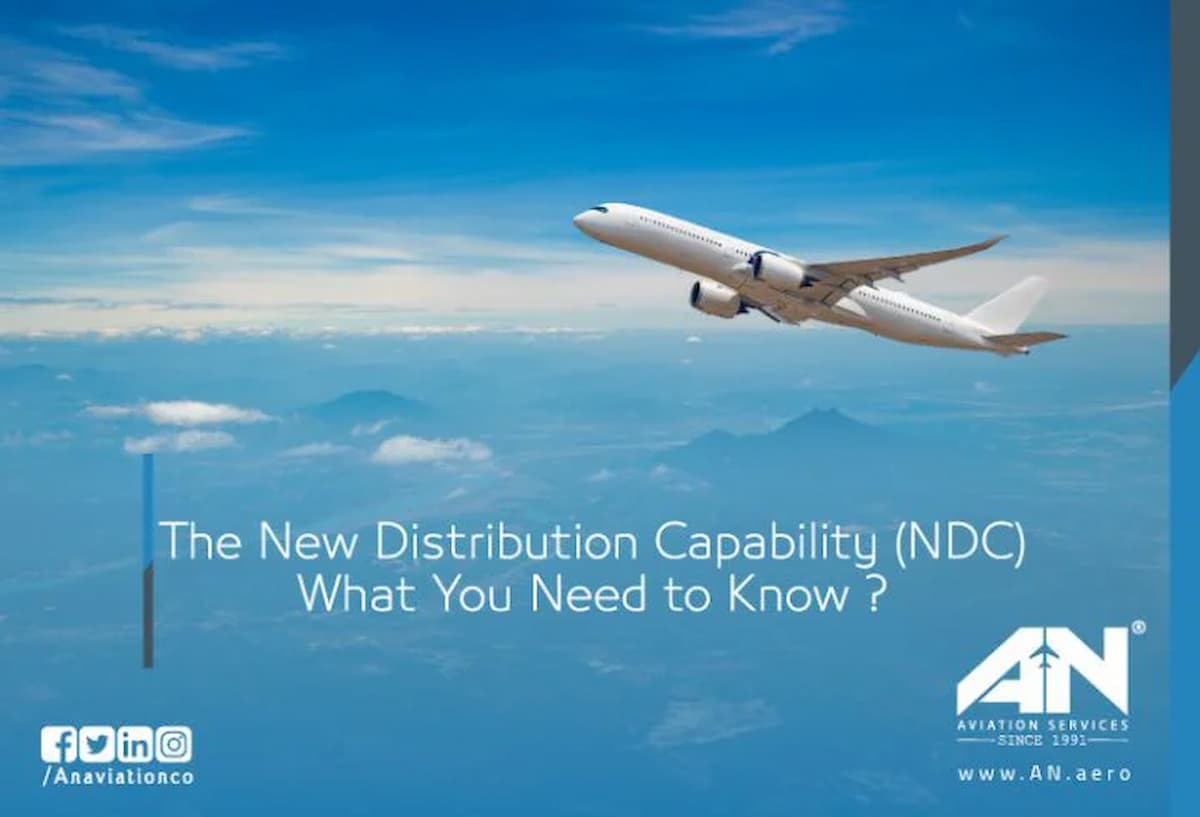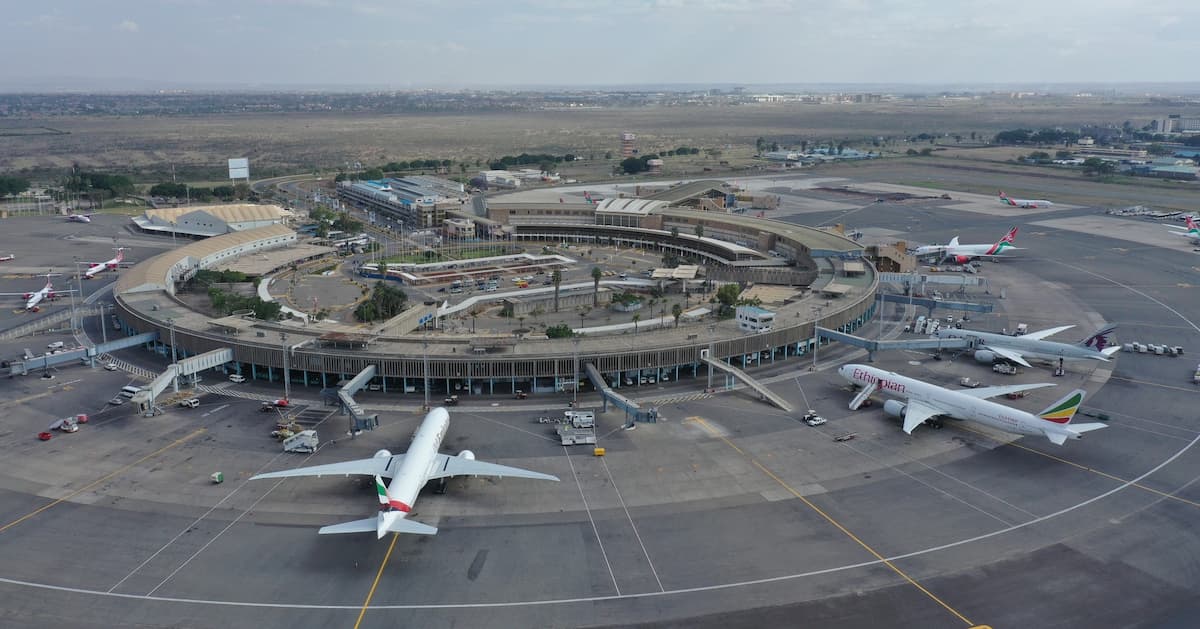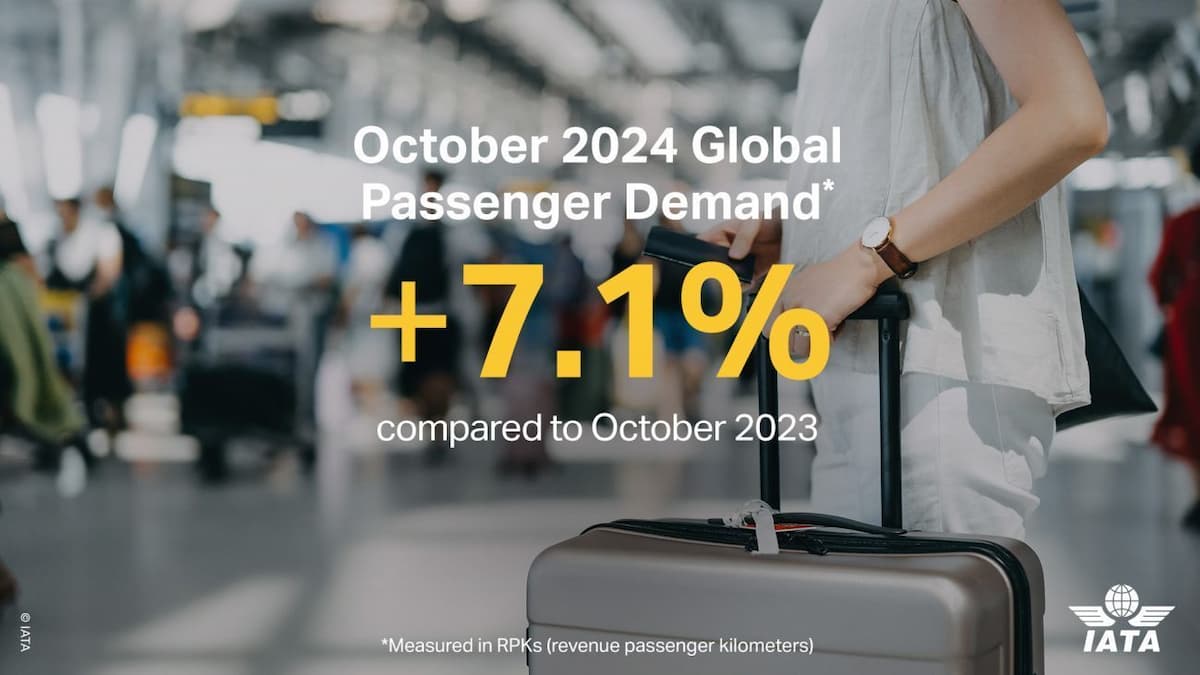The Kenyatta International Convention Centre (KICC) proudly announces the launch of its state-of-the-art dancing fountains. This mesmerizing water feature, synchronized with Kenya’s patriotic music and dynamic lighting, is set to revolutionize the event experience, offering visitors an unforgettable spectacle that enhances the ambiance of the venue.
The new dancing fountains, designed with cutting-edge technology, will showcase choreographed water displays that synchronize with a variety of musical genres, from patriotic songs, classical symphonies to modern pop and jazz. The feature boasts a fully programmable system, allowing for customized performances tailored to specific events, themes, or corporate branding.
“With the introduction of our stunning dancing fountains, we are redefining the event experience at KICC. The fountains will be the only one of their kind in Africa. They will be like the ones of Burj Khalifa in Dubai” said Geoffrey Thande, Director Business Development of KICC. “This attraction will not only captivate visitors but also serve as a unique focal point for International and local events, gala dinners, trade shows, and entertainment productions. It adds a dynamic visual and sensory element that sets Kenya apart from the competition.”
Mr Thande further said that the Convention Centre is planning to have family extravaganzas and other thematic events every weekend for the shows. He further added that KICC is in talk with the County government of Nairobi to close off the city hall way during the weekends to allow for the spectacular shows to take place.

The new fountains align with the Corporation’s mission to continually enhance its facilities and provide world-class amenities for its clients and guests. The feature is expected to be a major draw for business events, offering delegates an innovative way to create engaging experiences while at the Centre.
A special inaugural event will take place on 20th of this Month during the Safari Rally Flag off Ceremony. We will feature an exclusive showcase of the fountains in action, accompanied by live music and special effects. Event planners, corporate executives, and media representatives are invited to witness firsthand the breathtaking fusion of water, light, and sound.
The Convention Centre is also developing two more products to make the Centre even more attractive for business. The Revolving Restaurant on 27th floor is being redeveloped and the KICC tower will be providing high technology advertising platform soon. All these projects are geared towards increasing revenue and venue appeal to delegates and visitors to KICC.














